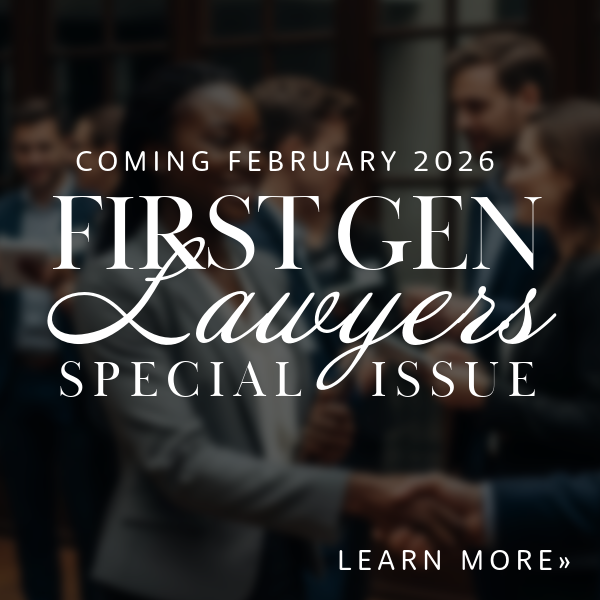As the spring interview season gears up, here are some helpful guidelines for preparing for your next big interview.
General Interview Preparation
Self-assessment is the first step in interview preparation – know your strengths and weaknesses and be able to articulate them well. Likewise, consider your motivations for moving and formulate a strong and positive explanation for your interviewers. Make sure your motivation doesn’t give the impression that you will only stay short-term, but instead, that you’re committed to a long relationship with the firm. If you know you want a certain culture or type of work, investigate these requirements to the best of your ability before settling for a firm that doesn’t fit.
Next, assess the other side of the table: your interviewers and their firm. Review their law firm profiles and LinkedIn profiles. Research the cases or deals they’ve worked on and take notes on important details that you could discuss in your interview. Additionally, look for interests, experiences, or academic backgrounds that you may share with each interviewer. This information will help you connect with your interviewers professionally and personally. Then, reach out to connections in confidence who may know your interviewers and could provide more insight. Recruiters can also help you learn more about their personalities and interviewing styles, since they likely know the interviewers and have helped candidates prepare for interviews with them in the past. And of course, don’t forget to thoroughly research the law firm itself, including the strengths of relevant practice groups on both a local and national level, as well as significant clients and cases so you can ask your interviewers educated questions.
Phone Interviews
There are a few important things to remember with a phone interview. First is the obvious – always interview in a quiet place (that isn’t at your current firm). Second, print out and assemble your notes for reference including your resume, writing sample, interviewer profiles, notes on the practice area(s) and firm, a list of key points (e.g., why a lateral move), and questions to ask interviewers. If you’re interviewing for a position in another city, you will need to demonstrate substantive ties to that city (e.g., family connections). Remember to keep your interview positive and keep your career goals focused on staying with that firm.
In-Person Interview, Round I
Utilizing your research and interview preparation, focus on connecting with the interviewers and demonstrating your competence for the position in the first round. Stay positive, ask questions and be an active listener. For a firm, you want associates to see you as a person they want to work with and you want partners to see you as a devoted attorney for their practice group and firm. Tailor your questions to specific partners and associates. For instance, ask associates about the work they are currently doing and how cases and deals are assigned. If an associate lateraled in, ask about his or her experience in the transition. Consult partners about the big picture; inquire about how the firm/practice area (locally/ nationally) will change in the coming years or the biggest challenges the department currently faces. Ultimately, your first round interview should grant you a strong overview of the work environment and provide a good comparison to your other options.
In-Person Interview, Round II
Before your second interview, reflect on the strengths and weaknesses of your first interview and seek to improve your responses. A recruiter can typically give you insight on your performance as well as provide coaching to strengthen your responses so you are prepared to answer the more arduous questions in subsequent interviews. In the second round, your primary goal is to prove that you aren’t just a strong candidate, but the best fit for the position. You will also have more opportunities to ask in-depth questions, and it’s always a good idea to refer to previous conversations with other interviewers to steer your questions.
After each interview, send individual thank-you emails or letters to your interviewers. These can be short and sweet, but take the time to personalize each one. The interview process can be long and sometimes intimidating, but as long as you take adequate time to prepare, you can feel confident in showcasing your experience and make a great impression on your interviewers.
Good luck! Raj M. Nichani, Esq.










